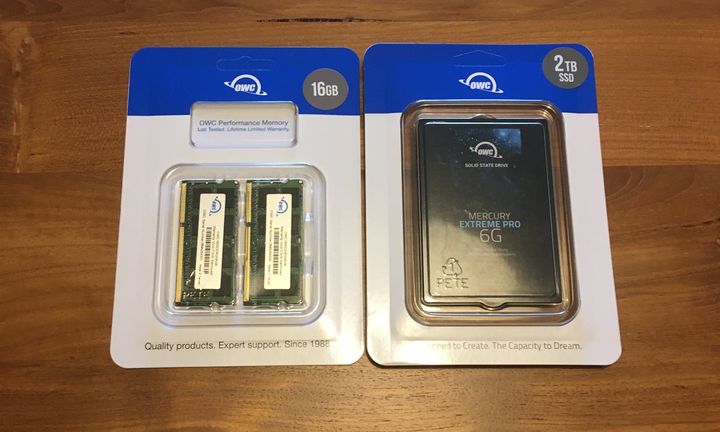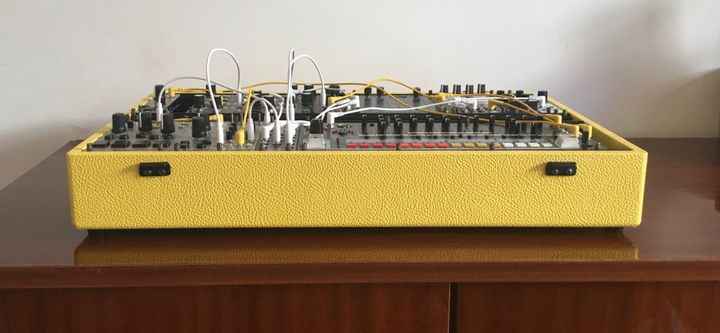Pittsburgh Modular Interview
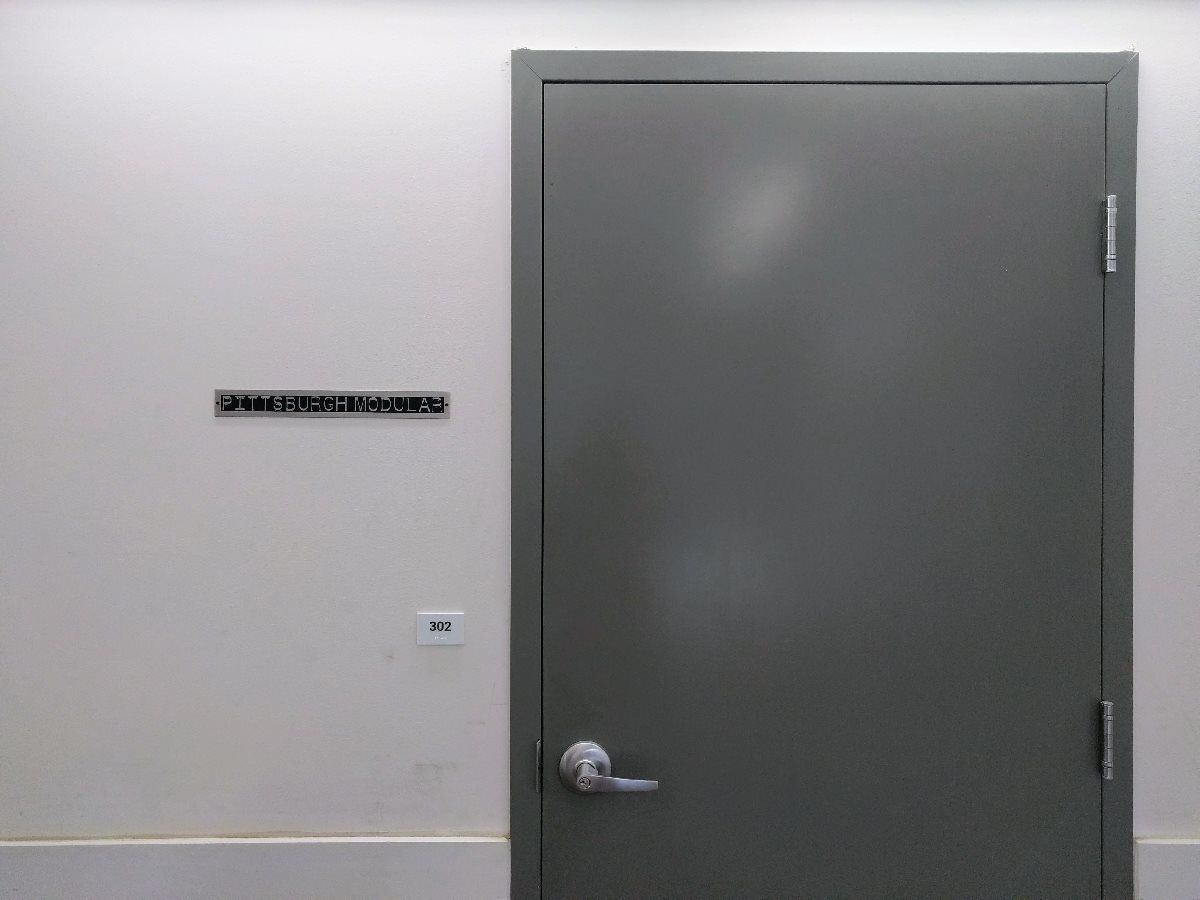
Modular synths are like custom hot rods, for geeks. The level of detail and customization is as deep as your wallet and both make loud noises that are heart-warming to some, and terrifying to others. As a maker, you can truly create something unique and special. Some manufacturers fancy futuristic fonts, others aim to challenge the norms of composition with mysterious layouts or blank panels. Pittsburgh Modular channels a design that's down to earth with a dash of aesthetically-pleasing industrialism, allowing the facade to take a backseat to a deceptively simple design which is in fact laden with character and depth.
Pittsburgh Modular is a modular synth manufacturer founded in 2012 by burned-out software developer turned soldering soldier Richard Nicol. Michael Johnsen came on board later, bringing his particularly interesting outlook on circuit design based on a history of modifying film cameras and other, peculiar technical experimentation. The duo and 7 others hand build everything in the smoky city.
It's hard not to find some connection, deliberate or subconscious with Pittsburgh's industrial heritage. There is a consistent and almost utilitarian gray panel design paired with a pleasing variety of knob sizes, from the purely functional to the divinely chunky filter frequency knob on the Lifeforms SV-1. You can almost imagine finding an abandoned steel factory, blowing off the dust and coming face to face with a massive control panel littered with similarly durable and inviting knobs.
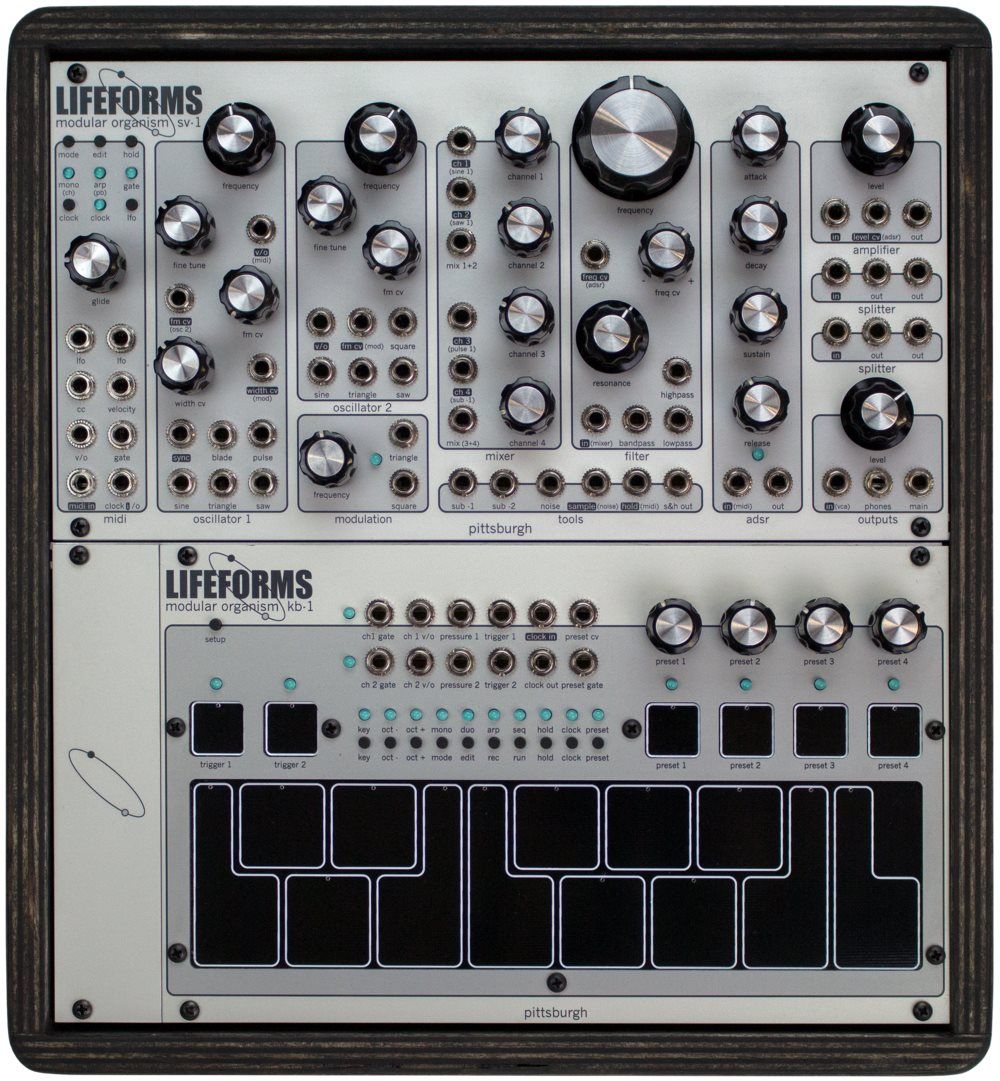
There's no shortage of interesting designs out from various makers. But there is something particularly beautiful about Pittsburgh Modular's aesthetic. It oozes warmth, strength, reliability and sturdiness in a way that other modules don't. So it was with geeky glee that I was able to grab the ear of Perry Willig, lead tester on the PGH team, to explain some of the methods, challenges and inspirations behind the modules. If the accompanying sultry snaps of Pittsburgh Modular's headquarters don't excite or at the very least entice you, then perhaps the world of modulars is not for you.
Do you plan things out methodically in advance or do you just experiment and see what happens?
Experimentation is key for discovering new sounds and finding creative approaches to a problem. However, once we've found our inspiration for a new circuit or case, our approach is methodical and planned out. We find it vital to designing instruments that are well built, reliable, and ergonomic.
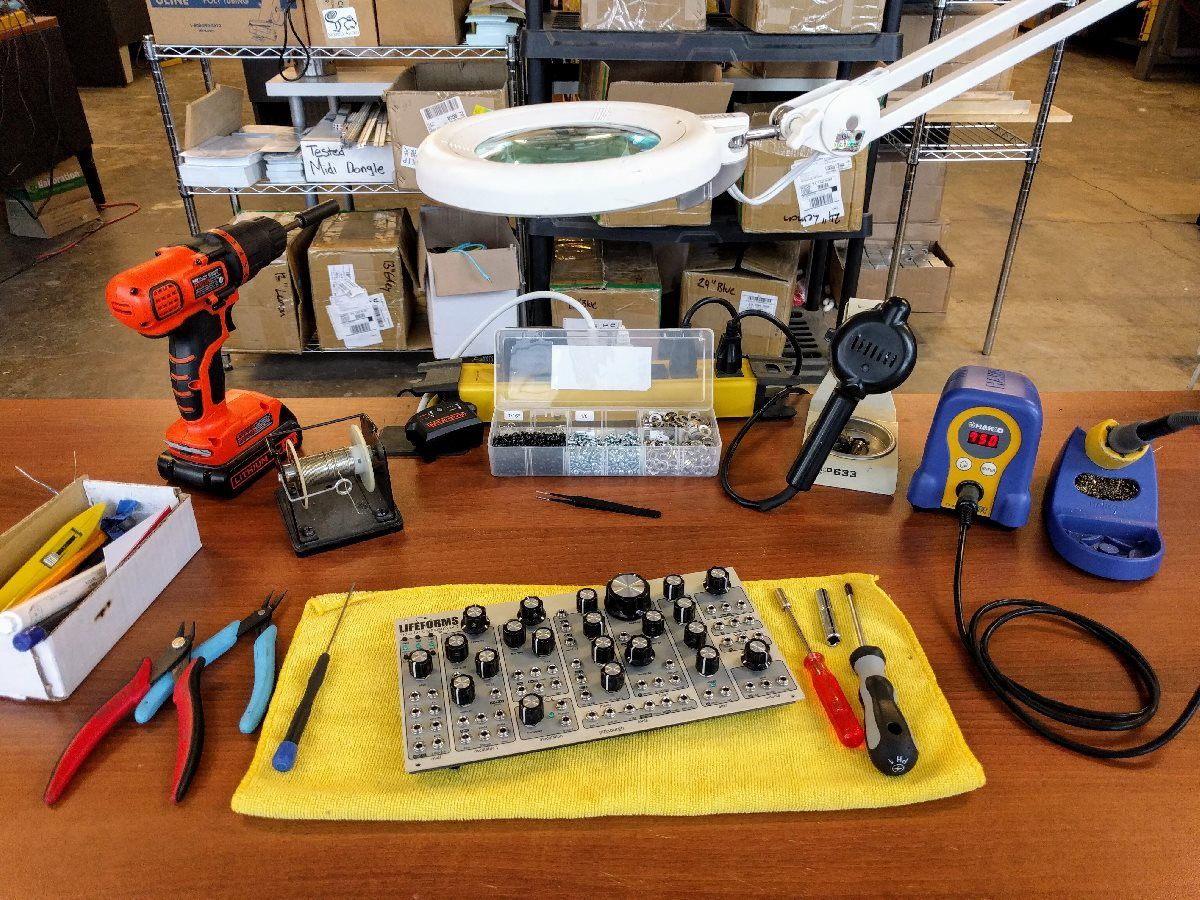
How do you stay focused?
Having clear goals and deadlines (both external and self-imposed) helps a great deal. We have both weekly shipping deadlines and new product release dates to help keep us on track.
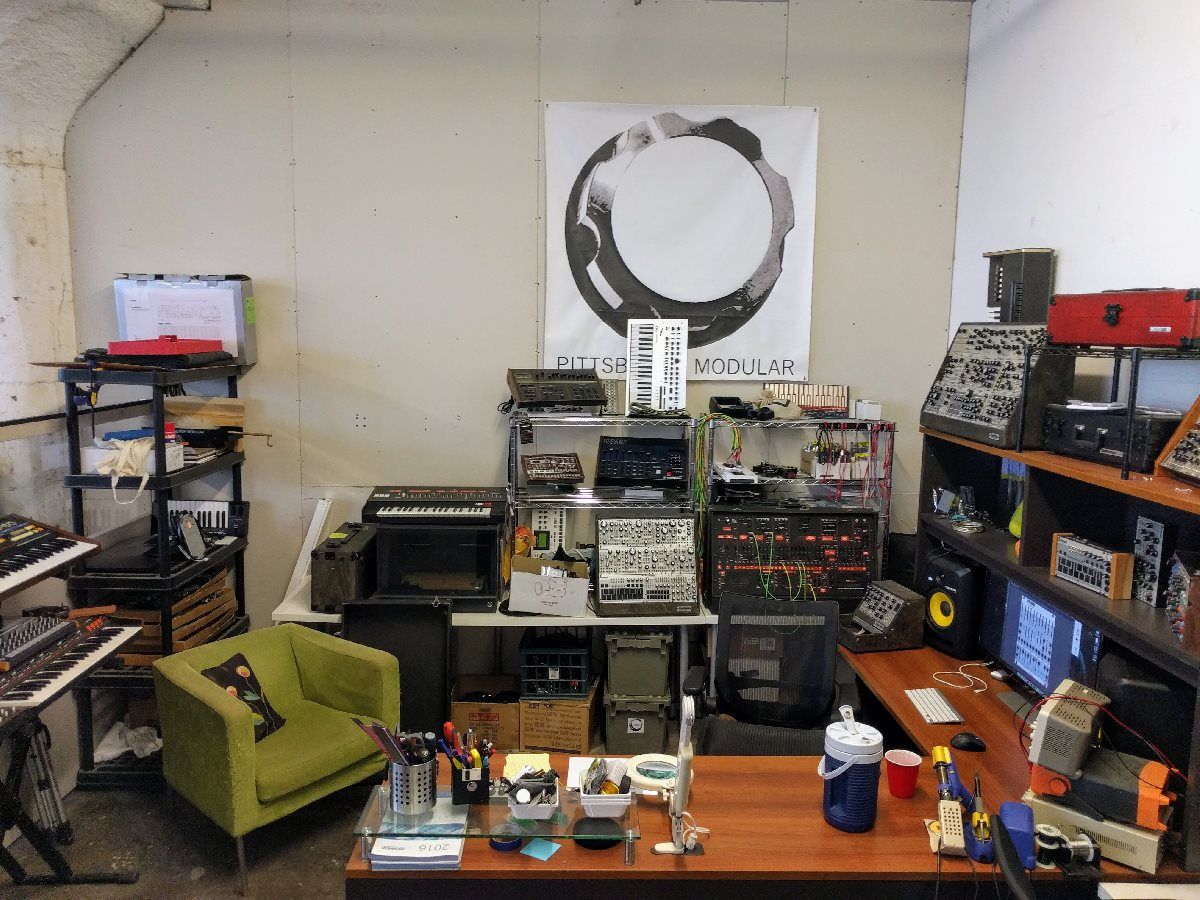
What relevant training do you have?
Richard's background is in software design, which gives him a solid foundation for UI layout. It also helps when working with our engineer Michael Johnsen to translate ideas into hardware. The rest of the team has a wide range of backgrounds and skills, which allow us to handle the variety of issues that tend to come up in synth production.
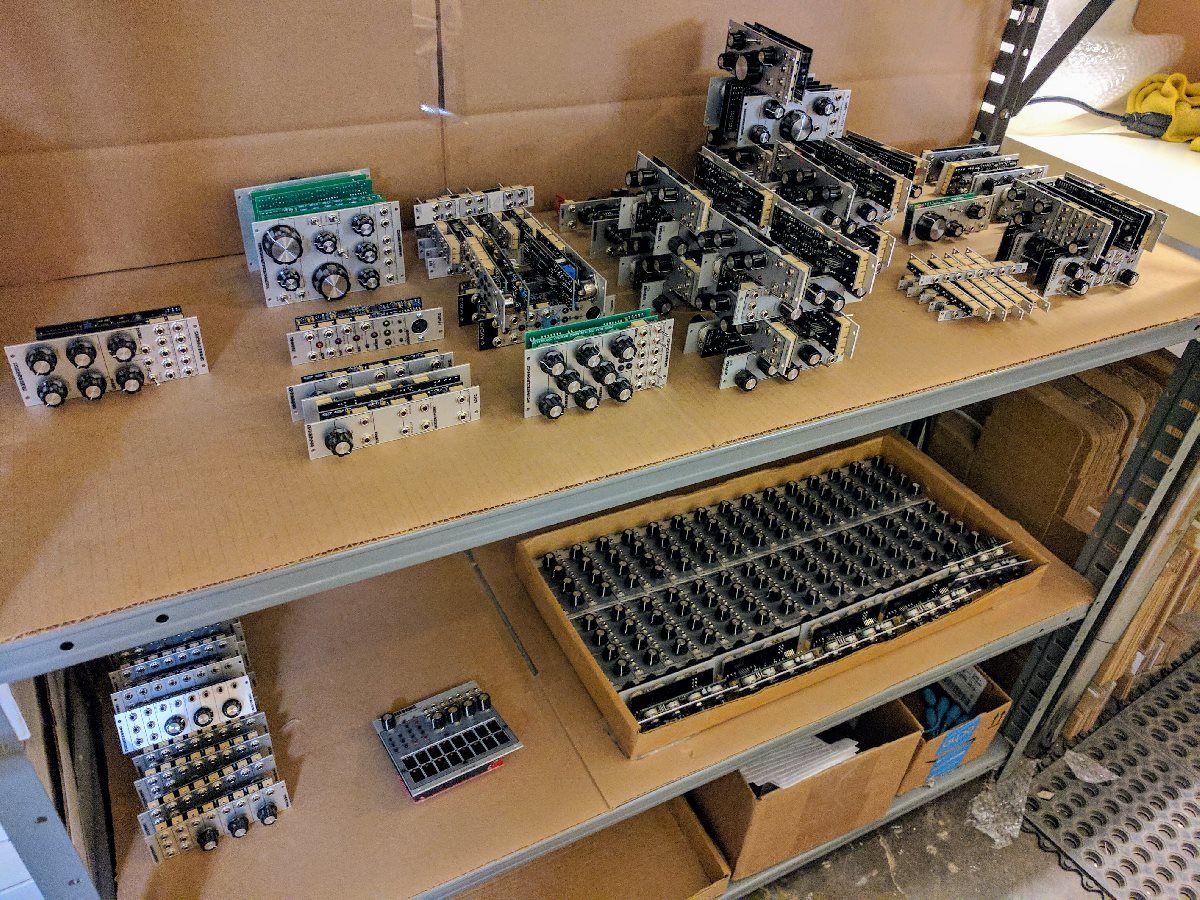
What technologies, techniques or trends are you curious about incorporating in the future?
We have an exciting product roadmap laid out for the next few years. Our current trajectory started with the Lifeforms SV-1 last year and will continue with a refresh of our modular lineup this year. We work primarily in analog circuitry, so developing new designs and techniques is a slow process. Our Dynamic Impulse Filter incorporates a brand new vactrol-less lowpass gate circuit (designed by Michael Johnsen) which is unique in the synth community. Whenever feasible, we try to design our own analog circuits rather than copy existing schematics.
What music have you and the team been listening to lately?
Our musical tastes are all over the place. On any given day, we usually have some krautrock, Brazilian psychedelia, and jazz fusion. In recent rotation, we've been listening to Fumaca Preta, Chicano Batman, and Mild High Club. The newest Tame Impala record is pretty fantastic too.
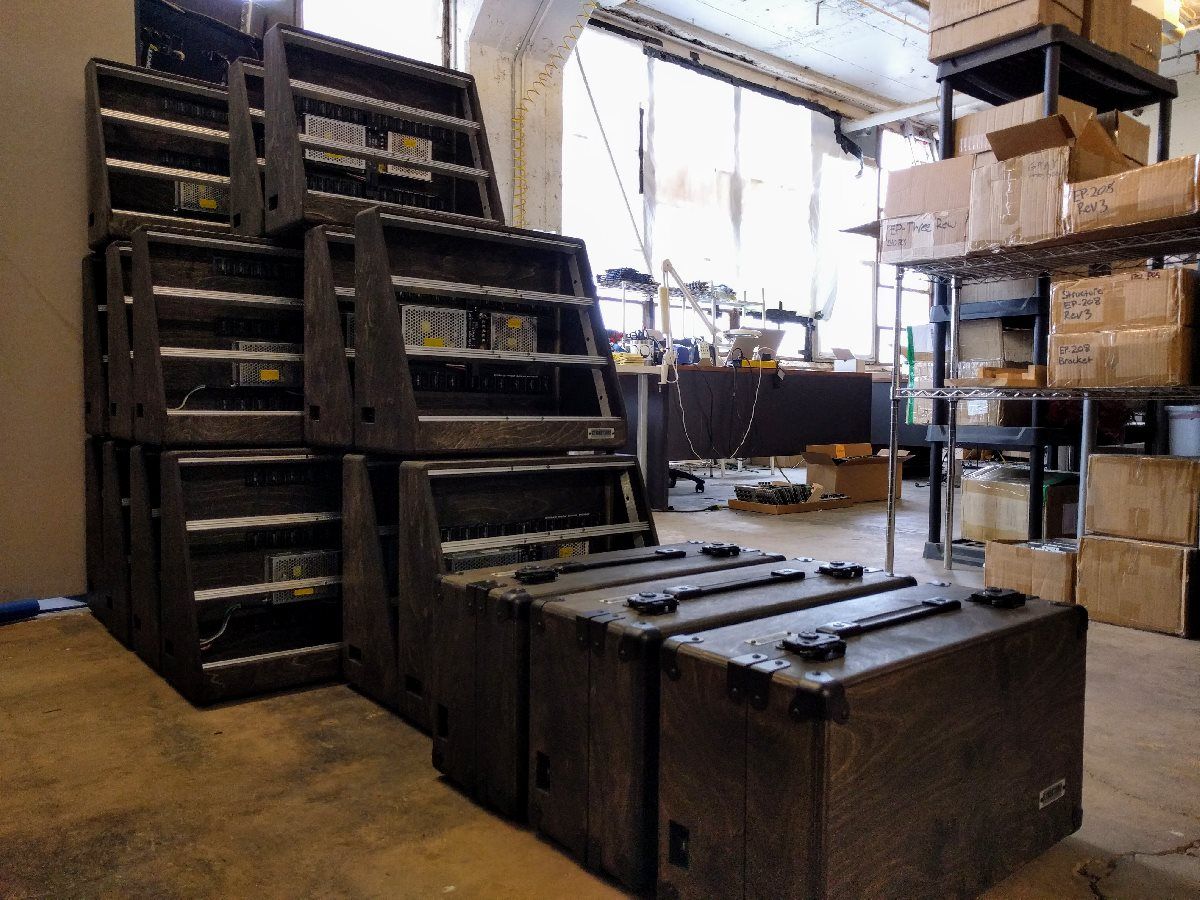
What are some of the biggest challenges you've faced - technically, financially, etc?
Working through circuit designs (especially with the recent Dynamic Impulse Filter) can be quite challenging, but is ultimately very rewarding. Generally speaking, starting and running a business is a tremendous challenge. Every day offers a new set of problems to solve. Parts show up faulty or the wrong size (or don't show up at all), UPS misses their pickup, bad weather interrupts our production schedule, etc. All are pretty standard business problems.
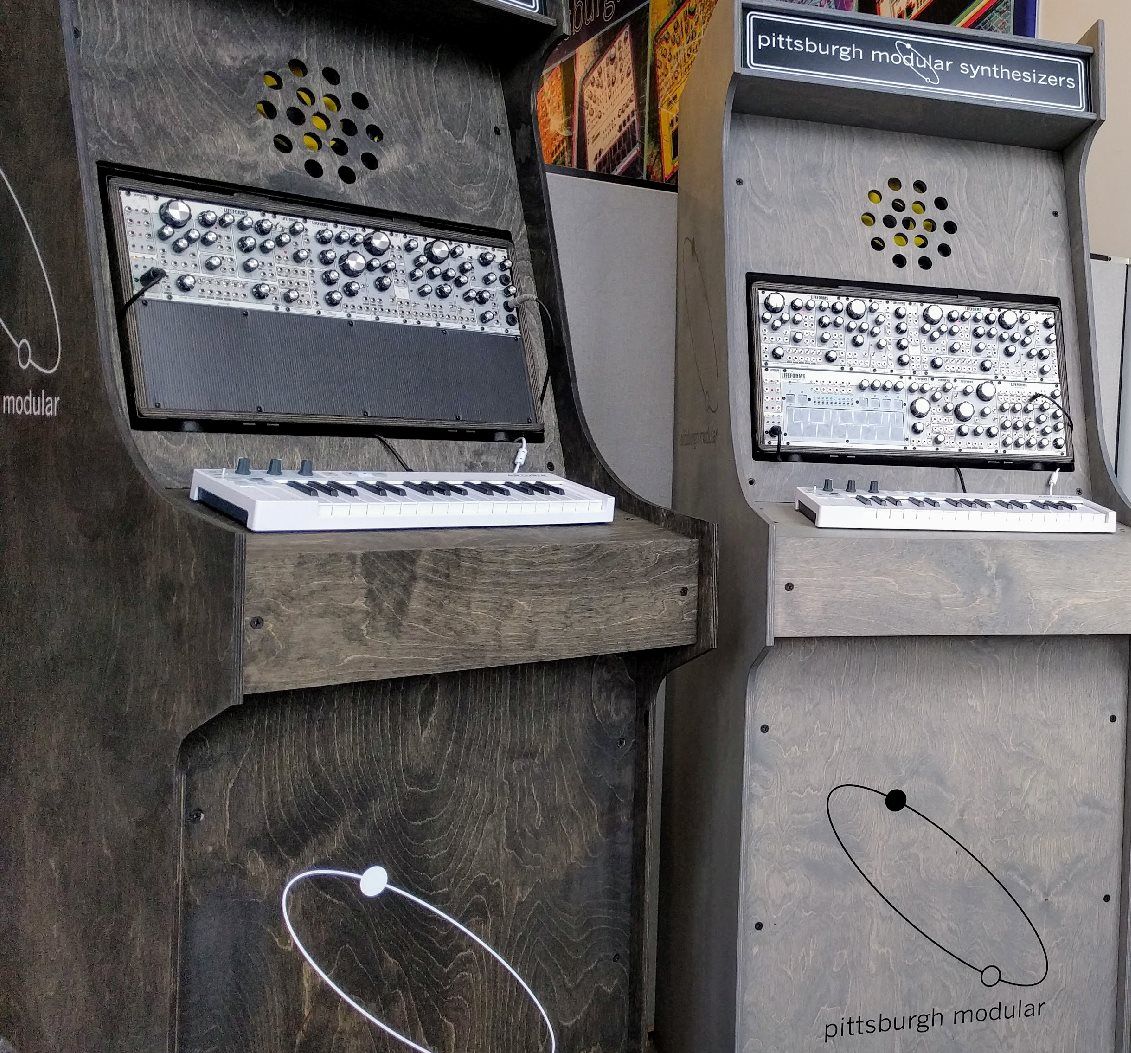
What recommendations do you have for others looking to get into production?
Start small and be patient. Don't kill yourself by trying to meet an unrealistic, self-imposed deadline. Assume everything will take twice as long as you think it will.
What are some modules by other makers that you are really into?
We haven't had much time lately to try out a lot of the products on the market. However, we have just started digging into the new LZX video modules. They are a lot of fun.
What is the modular synth scene like in Pittsburgh?
There is a strong underground electronic music scene in Pittsburgh. We've met a lot of local artists with huge variety of setups and styles. Some even use modular synths exclusively. A few of our favorites include Nick Breinich and Kevin Lind, Ryan DeNardis and Jesse Hawley.
In an attempt to help build the local synth community, we started our free monthly Synth Playground. On the first Wednesday of each month, we hold a meetup at Spirit Lodge in Lawrenceville where we set up a variety synths (some modular, some stand-alone) and open it up to the public. Anyone can come by to play with synths and ask questions. Later on in the evening, we usually have performances by local and touring electronic artists (including those I mentioned above). They've been going very well, so we intend to keep doing them every month.
Do you use Pittsburgh Modular gear in your setup? Let us know what and how and why.
